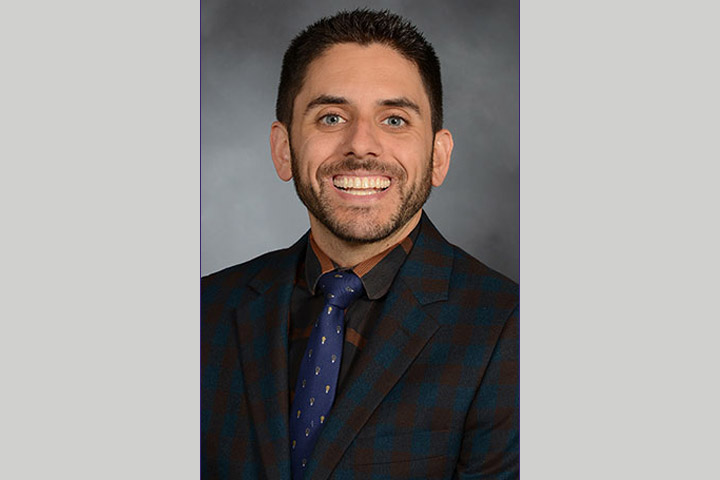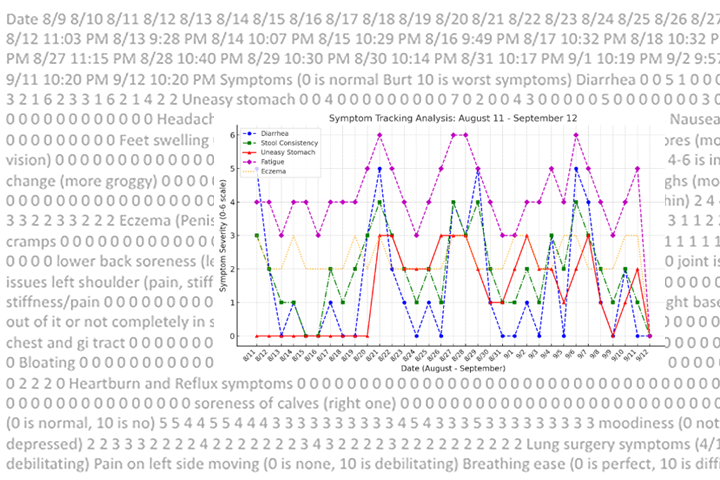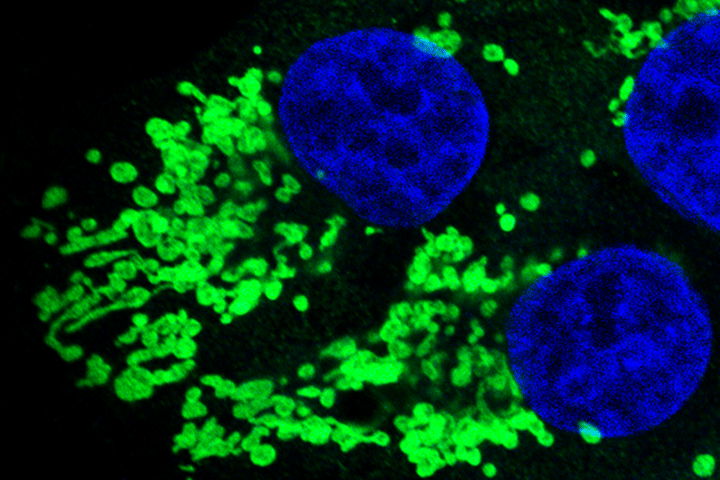New Study Tackles the Link Between Sleep Disruption and Cachexia

Cachexia, marked by significant muscle loss, appetite changes, weight loss, and general fatigue and weakness, occurs in about 80 percent of patients with cancer.
In fact, it may cause up to 30 percent of cancer deaths, generally due to heart or respiratory failure related to muscle loss. It is especially prevalent in patients with advanced lung or pancreatic cancer, often leaving patients weak and fatigued. Patients may be unable or unwilling to eat, and activities of daily living can become difficult, if not impossible.
For years, cachexia was not well researched and, therefore, not well understood. Fortunately, that’s changing. More research is bringing with it a better understanding about how this wasting syndrome develops. This is leading to clinical trials testing new treatments. At least one drug has been shown in large studies to help people with cancer cachexia maintain lean muscle mass, which is critical for daily functioning and the ability to tolerate cancer treatments, according to the National Institutes of Health. And several other experimental drugs that showed remarkable effects against cachexia in mice are now being tested in human studies.
Generally, the main consensus diagnostic criterion for cancer cachexia is weight loss exceeding five percent in the previous six months. “The problem is, most of the time, management and intervention is too late,” with patients already weakened from significant weight loss, explains neuro-oncologist Evan Noch, M.D., Ph.D., of Weill Cornell Medicine (New York). “Quality of life can be terrible for patients. And it can be devastating for caregivers to watch someone they love just waste away.”
Cancer cachexia is a complex, multifactorial syndrome that results from a combination of metabolic alterations, systemic inflammation, and decreased appetite, Noch explains. The cellular mechanisms are unknown, but the condition has been characterized as having three stages: pre-cancer treatment, present, and resistant or recurring cachexia. Managing it is harder in advanced stages.
Scientists have not reported reliable biomarkers for early detection. But researchers are hoping to change that.
Sleep Cycles and Cachexia
During disease progression, patients with cancer often experience sleep disruption as well as cachexia. But the mechanisms linking sleep disruption and cancer development and progression are largely unknown.
Noch is a co-investigator on a new prospective, single-arm observational pilot study at Weill-Cornell Medicine designed to assess the effect of pancreatic cancer on systemic metabolism, inflammation, and sleep. Participants will undergo thorough work-ups and evaluations through a multidisciplinary team including oncology, neurology, and endocrinology.
Sleep medicine specialists will perform actigraphy testing, which is a noninvasive technique used to assess cycles of activity and rest over several days to several weeks. And participants will also undergo sleep studies. Patients will be seen at one month and three months, and must be willing to participate in two overnight stays. Data will be analyzed with novel machine learning techniques.
“This is a small observational study and we don’t know what we will discover,” Noch explains. “But maybe we might find a certain phase of sleep that is aberrant in these patients. And, if so, there are strategies and medications that can effectively intervene in sleep abnormalities.” In turn, cachexia would be identified earlier too and, potentially, even prevented.
“There are some new agents in research that are showing some promise,” he adds. “But potentially preventing cachexia would be a goal. Early identification, better treatment, and prevention would greatly improve quality of life. Patients often have to quit treatment because they are too weakened from cachexia. If we can intervene early, patients could continue treatment, giving them a chance to live longer.”
A Cooperative Effort
Weill Cornell Medicine, Rutgers Cancer Institute of New Jersey (New Brunswick), and Cold Spring Harbor Laboratory (Cold Spring Harbor, New York) have received a $25 million Cancer Grand Challenges award to tackle cancer cachexia.
The team is one of four global teams being funded this year by Cancer Grand Challenges, which was founded in 2020 by Cancer Research UK and the National Cancer Institute, part of the National Institutes of Health in the United States to invite diverse teams to come together, think differently and take on some of cancer’s toughest challenges.
Marcus DaSilva Goncalves, M.D., Ph.D., of Weill Cornell Medicine is co-leading the CANCAN (Cancer Cachexia Action Network) team with Eileen White. Ph.D., from Rutgers Cancer Institute of New Jersey, and Tobias Janowitz, M.D., Ph.D., from Cold Spring Harbor Laboratory. It consists of clinicians, patient advocates, and scientists with expertise in cancer, metabolism, neuroendocrine function, immunology, and more from 14 institutions across the United States and the United Kingdom.
With the Cancer Grand Challenges funding, the CANCAN team aims to build the world’s first multidisciplinary virtual institute with a mission to cure cancer cachexia. Within the institute, team members will lead four main projects to understand how cancer changes metabolism; how a tumor interacts with its surroundings and which factors may be leading to wasting; how the tumor affects appetite and mood; and how people with cancer experience cachexia in a clinical context, using a large set of patients with lung, pancreatic, and colon cancer who are at high risk for cancer cachexia.
To learn more about this study contact Ana Krieger, M.D., M.P.H., principal investigator, at ack2003@med.cornell.edu.






